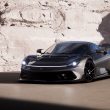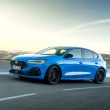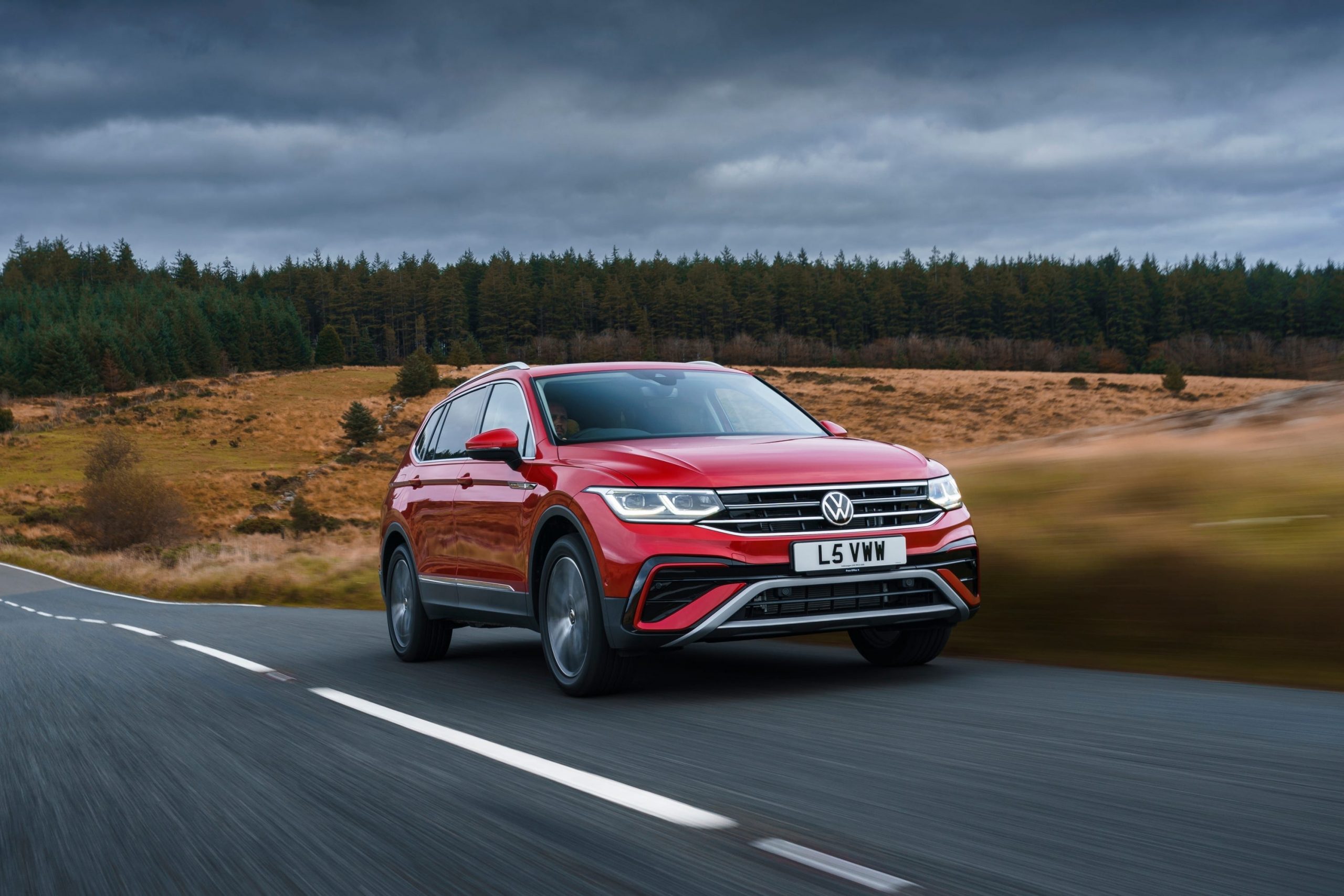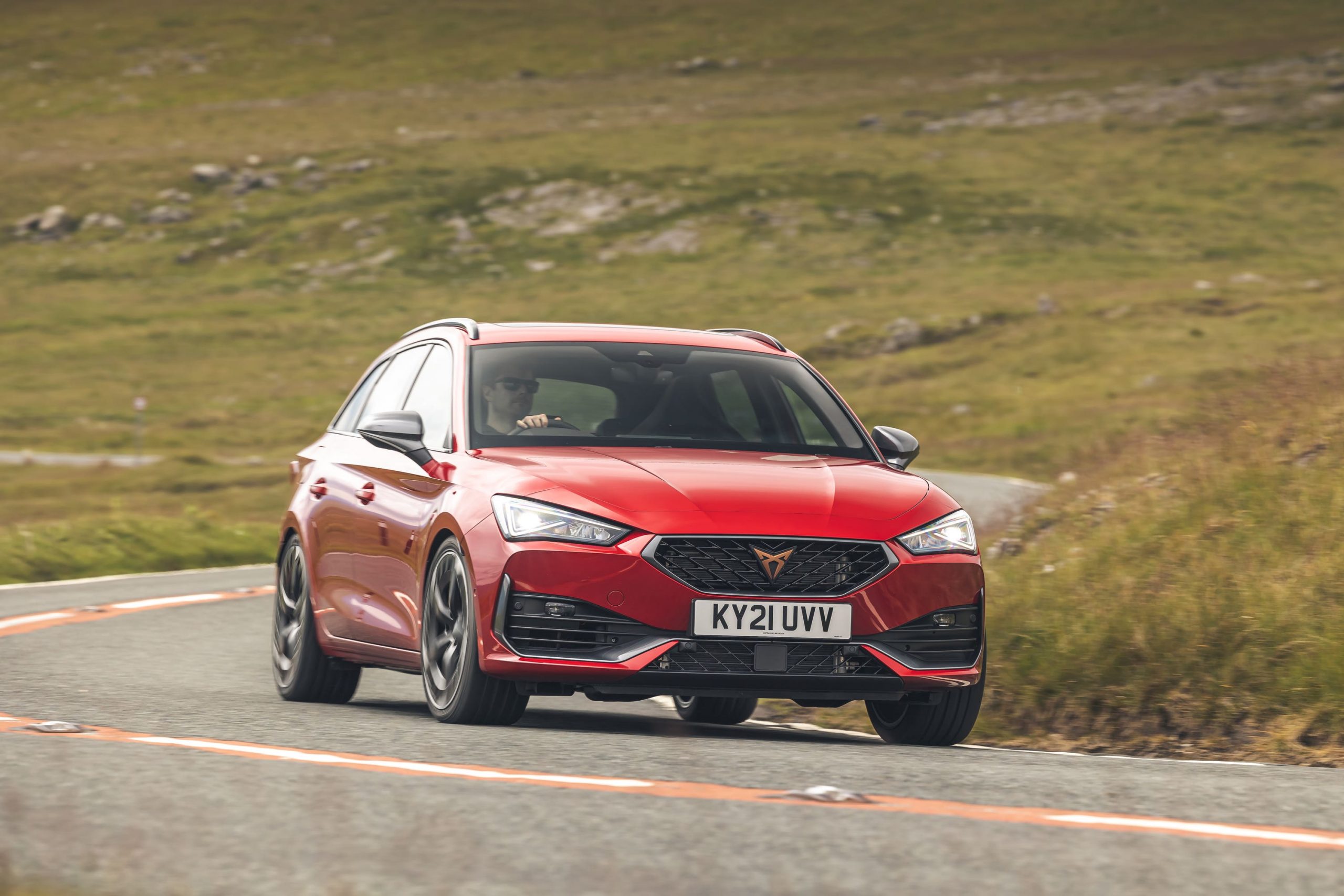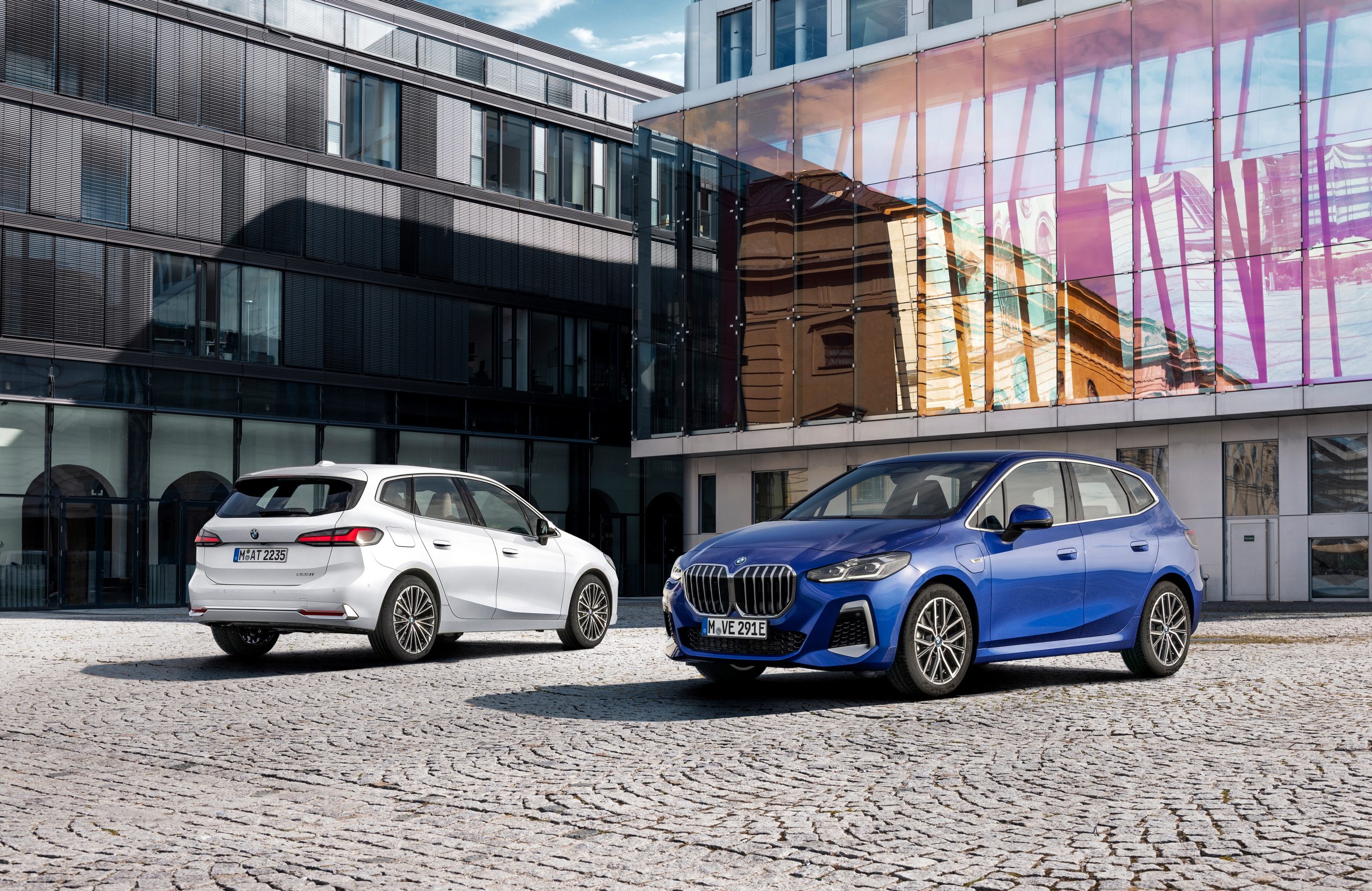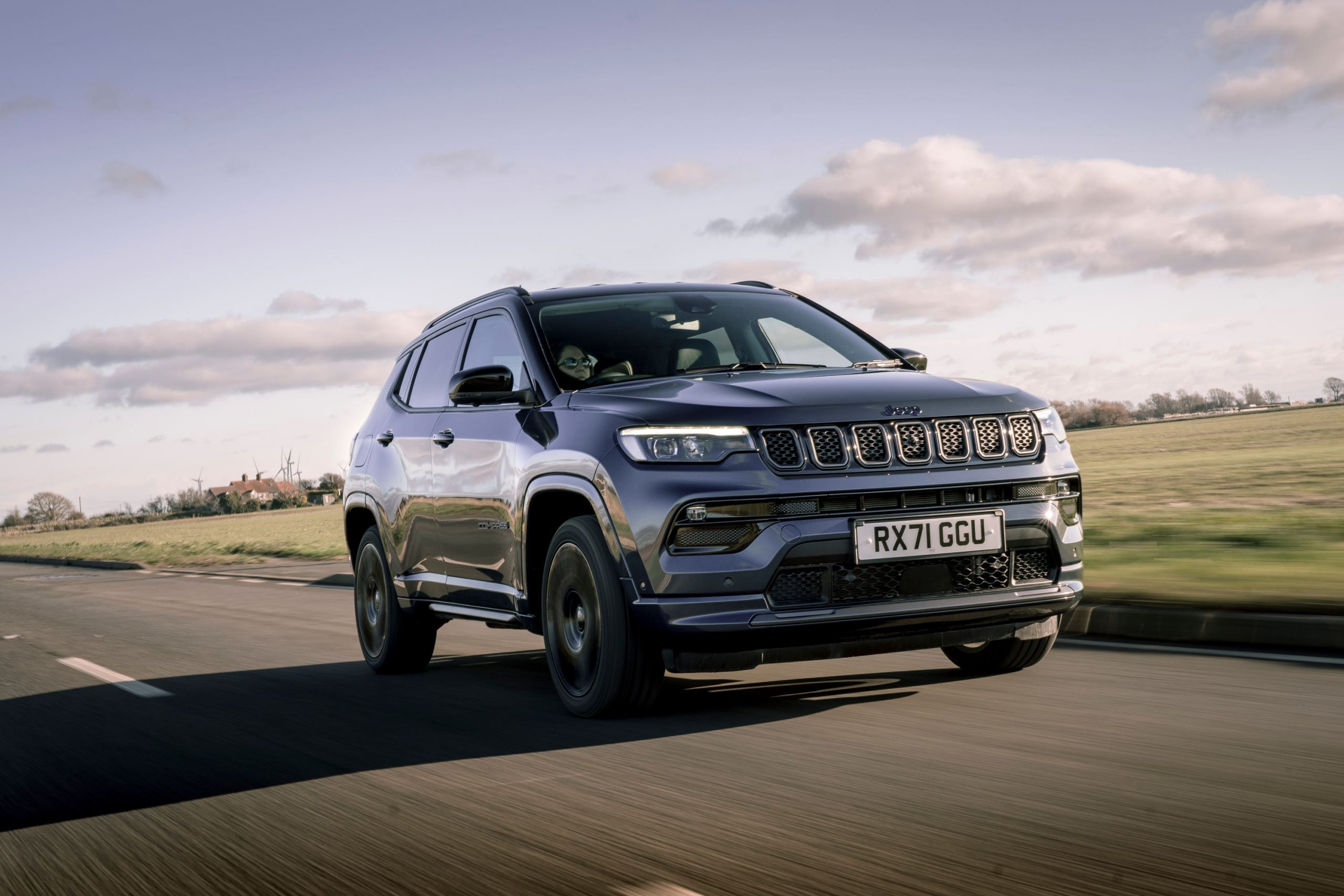Volkswagen has tweaked its seven-seater Tiguan. TED WELFORD gets behind the wheel to see if it’s worth considering.
The Tiguan has been a roaring success for Volkswagen since its introduction 15 years ago, and today it’s this German firm’s best-selling car around the globe – even more so than well-known models like the Polo and Golf.
Given its popularity, it’s not surprising that Volkswagen looked to expand the range with a roomier, stretched version offering seven seats, which is known as the Allspace. Launched in 2017, globally it outsells the regular five-seat model, though here in Britain, only around one-in-eight choose it. Following on from updates to the standard Tiguan, this seven-seater now gets a range of tweaks, but is it worth considering?
Volkswagen isn’t known for major facelifts, so the changes on this Tiguan Allspace are by no means huge. Styling changes include a redesigned front-end, with higher-spec versions bringing full matrix LED headlights, which are called ‘IQ.Light’. These get ‘dynamic’ indicators and even an illuminated strip that runs between the two headlights.

Elsewhere the Allspace adopts the same simplified trim level range that’s been rolled out across the Volkswagen range – with new Life, Elegance and R-Line grades launched.
Unlike the regular Tiguan, the Allspace doesn’t get a plug-in hybrid option, and instead offers a broad range of petrol and diesel engines, ranging in power from 148bhp to 242bhp.
Our test car uses Volkswagen’s well-renowned 2.0-litre turbodiesel, which here puts out 148bhp and 360Nm of torque, though a more powerful 197bhp version is available. Paired to a seven-speed DSG gearbox, and in this case with 4Motion four-wheel-drive, it can manage 0-60mph in 9.5 seconds and would reach a top speed of 122mph.

Volkswagen also claims 42.8mpg and 173g/km of CO2 emissions, though we found it to be far better on fuel than this – on an extended motorway run it averaged more than 50mpg.
While fewer buyers than ever might be choosing diesels, if you do a lot of miles – or frequent motorway runs – this 2.0-litre TDI remains a superb option. It’s impressively smooth once up to speed, while even at motorway speeds it sits at low revs – enabling that efficiency we’ve mentioned. Around town, it does suffer from the typical diesel gruffness, while the DSG gearbox can be hesitant, but we’d still choose it over the petrol.
The ride can prove a bit unsettled at slower speeds too, but these faults are immediately ironed out as the speedometer climbs, as it’s impressively comfortable – helped by wide and cushioning seats that make long motorway runs entirely hassle-free. You’re unlikely to drive this seven-seater too enthusiastically, but it does handle well for its size should you want to put your foot down a bit.

Ever since the Tiguan launched in second-generation form in 2016, it’s always been a handsome thing, and we’d argue the Allspace is even more so. At first glance, it doesn’t look too different to the standard car, but up close it is quite chunky, with the sheer size of its lengthened doors the easiest way to tell it apart from the normal Tiguan.
Design changes aren’t huge, but it’s the front end that gets the bulk of the alterations – receiving a more aggressive and prominent stance than the old car thanks to new chrome trim and air inlets. As we’ve mentioned, more intricate matrix LED lights are introduced too, though we’re not personally a fan of the illuminated grille strip. It’s something Volkswagen has rolled out on many of its models, and just makes the Tiguan look a bit chintzy, and at odds with the otherwise classy design.
The thing that strikes you about the Tiguan Allspace is the sheer space on offer. The cabin offers a vast amount of room, while the panoramic glass sunroof (fitted as standard to Elegance cars) helps the cabin to feel really light and airy.

Though the Tiguan doesn’t adopt VW’s modern buttonless interior that you find in models like the latest Golf, we reckon the simpler and clearer layout here for the touchscreen and digital dials is actually better. The new touch control panel for the climate settings is a bit fiddly to use, however, and no better than the good old-fashioned knobs that were there before.
As we’ve mentioned, the Allspace adopts a simplified trim range, though all models get a huge amount of kit as standard.
Most will likely find all they need in the entry-level Life version, as equipment includes 18-inch alloy wheels, three-zone climate control, adaptive cruise control and an eight-inch touchscreen with satellite navigation and smartphone mirroring.

Both the Elegance and R-Line command quite a premium. They gain heated seats, greater driver assistance technology and keyless entry, with the Elegance bringing more high-end features like a panoramic sunroof and 30-colour ambient lighting, while the R-Line favours sportiness with its larger 20-inch alloy wheels and more aggressive styling kit.
If you’re looking for a large family SUV, they don’t get much better than the Tiguan Allspace at this price. Its combination of quality, comfort and space will please many, while generous equipment levels and a great selection of engines really adds to its appeal.
It is not, however, the roomiest of seven-seaters, with a cramped third row only really suitable for children or occasional use – larger models like the Kia Sorento are better in this area. For many, the standard Tiguan will still tickplenty of boxes, and save you a few thousand too. But if you want that extra room and option of having seven seats, the Allspace is certainly worth a look.




